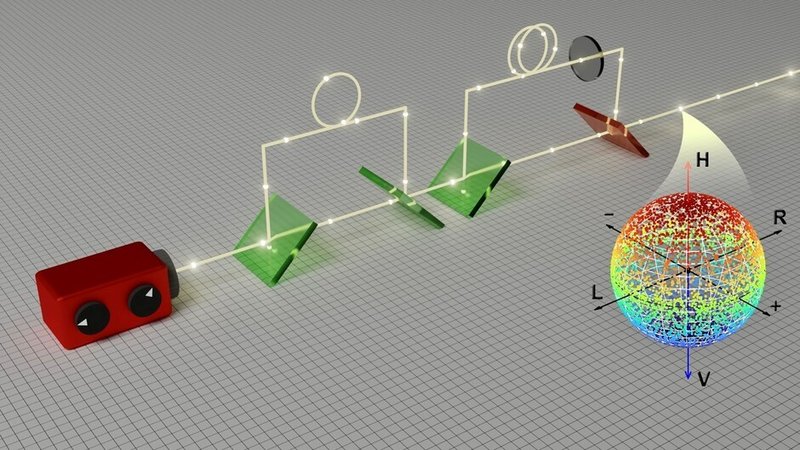Quantum Key Distribution (QKD) uses quantum mechanics to generate and distribute cryptographic keys that cannot be intercepted or cloned, making communication extremely secure. It has attracted worldwide interest because it promises information-theoretical security, which is the ultimate goal of communication security. However, the sources and detectors in the system can have side channels, which are vulnerabilities that can be exploited by hackers to compromise security. Although detector side channels have been addressed, source side channels have remained a challenge until recently.

A research team led by Professor Hoi -Kwong Lo and Dr. Wenyuan Wang (HKU Department of Physics) has proposed a QKD scheme without any modulators, which removes a major source of side channels on QKD sources. The proposal suggests a new type of passive linear optical QKD source. It is a versatile source that can be used in various QKD protocols, such as BB84, the six-state protocol, and reference-frame-independent QKD. Additionally, it has the potential to be combined with measurement-device-independent QKD to enhance security against side channels in both detectors and modulators.
This breakthrough opens up new research directions to improve the security of practical QKD systems, making them even more secure in the future. The findings have recently been published in Physical Review Letters.
Read the full article here: https://journals.aps.org/prl/pdf/10.1103/PhysRevLett.130.220801

